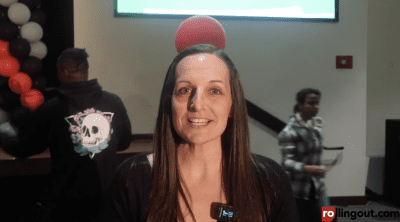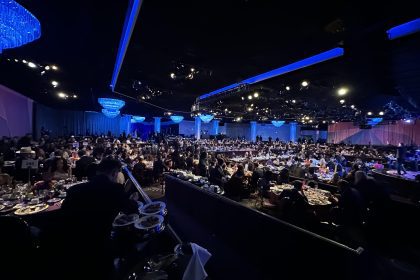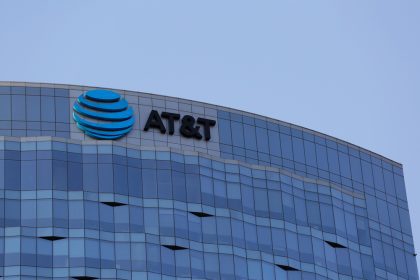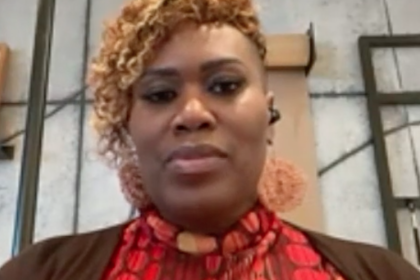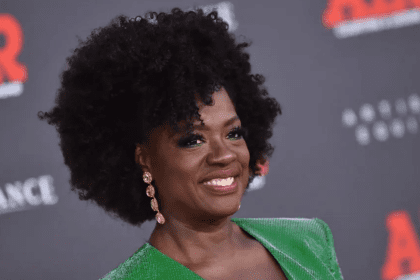In the latest edition of “Equity in Focus,” the esteemed Sonya Grier, Ph.D., delves into the nuanced intersection of race, marketing, and social impact. Grier’s illustrious career spans over three decades, marked by her relentless pursuit of understanding how market activities both shape and are shaped by racial dynamics. Her journey from a Burger King cashier in Detroit to a renowned scholar and educator offers profound insights that inform not only scholarship but also business practices, activism, and public policy.
From fast food to critical scholarship
Grier’s introduction to the importance of race in business began at an early age, during her time working at a Brady Keys Burger King in Detroit. Keys, a Black man who struggled to secure a loan from a bank, started his franchise with help from a colleague. This experience profoundly impacted Grier’s understanding of the racial dynamics in business. “Moments like that really informed the way I thought about the importance of race and how I saw it play a role in business,” she reflects.
Her work has since transcended national boundaries, with her first global study conducted in South Africa. This study was pivotal in highlighting how racial dynamics play out differently in various contexts, yet often with similar structural issues. Despite being a majority in South Africa, Black individuals faced similar power disparities to those in the United States, reinforcing the need for a broader understanding of race across different environments.
Gentrification and faux diversity
One of Grier’s notable studies focused on gentrification in Washington, D.C., particularly in the U Street area. Her observations of segregated diversity among different racial groups led to the concept of “faux diversity.” While new residents are drawn to diverse neighborhoods, there often remains a lack of true integration. This phenomenon was explored in the film “Dog Parks and Coffee Shops,” which underscores how gentrification changes the character of neighborhoods without fostering genuine cross-cultural interactions.
Grier emphasizes the role of marketing in this dynamic. “Marketing is about exchange — of ideas, knowledge, and awareness,” she states. By understanding and respecting the existing community, marketers can create more inclusive and effective strategies that benefit both long-term and new residents. This approach not only promotes social cohesion but also aligns with sustainable business practices.
Teaching cultural competence
Grier’s academic work extends to her teaching, where she integrates discussions of race into her curriculum. Her course, “Race in the Marketplace,” aims to equip students with the language and understanding needed to navigate these complex issues in their professional lives. “If we don’t even talk about race in business schools, a lot of students can’t say ‘race,'” she explains. “They don’t know how to say ‘the Black person,’ ‘the White person.’ There’s all this sort of hesitancy.”
Through her teaching, Grier fosters an environment where students from diverse backgrounds can learn about and discuss race openly. This educational approach is crucial in preparing future leaders who are not only aware of but also capable of addressing racial dynamics in their respective fields.
Looking ahead
As Grier continues her groundbreaking work, she remains committed to integrating these issues into both research and practice. She co-edited the book “Race in the Marketplace,” which provides a comprehensive exploration of how racial dynamics influence various aspects of the marketplace, from education to healthcare.
Grier’s conversation with Kevin Hooks serves as a powerful reminder of the importance of critically examining the intersection of race and marketing. As organizations strive to create equitable and inclusive marketplaces, it is essential to sustain momentum in diversity, equity, and inclusion (DEI) efforts. By integrating a deep understanding of racial dynamics into business practices and policies, meaningful social change can be driven, fostering a more inclusive future.
AI assisted in summarizing this episode of Equity in Focus.






